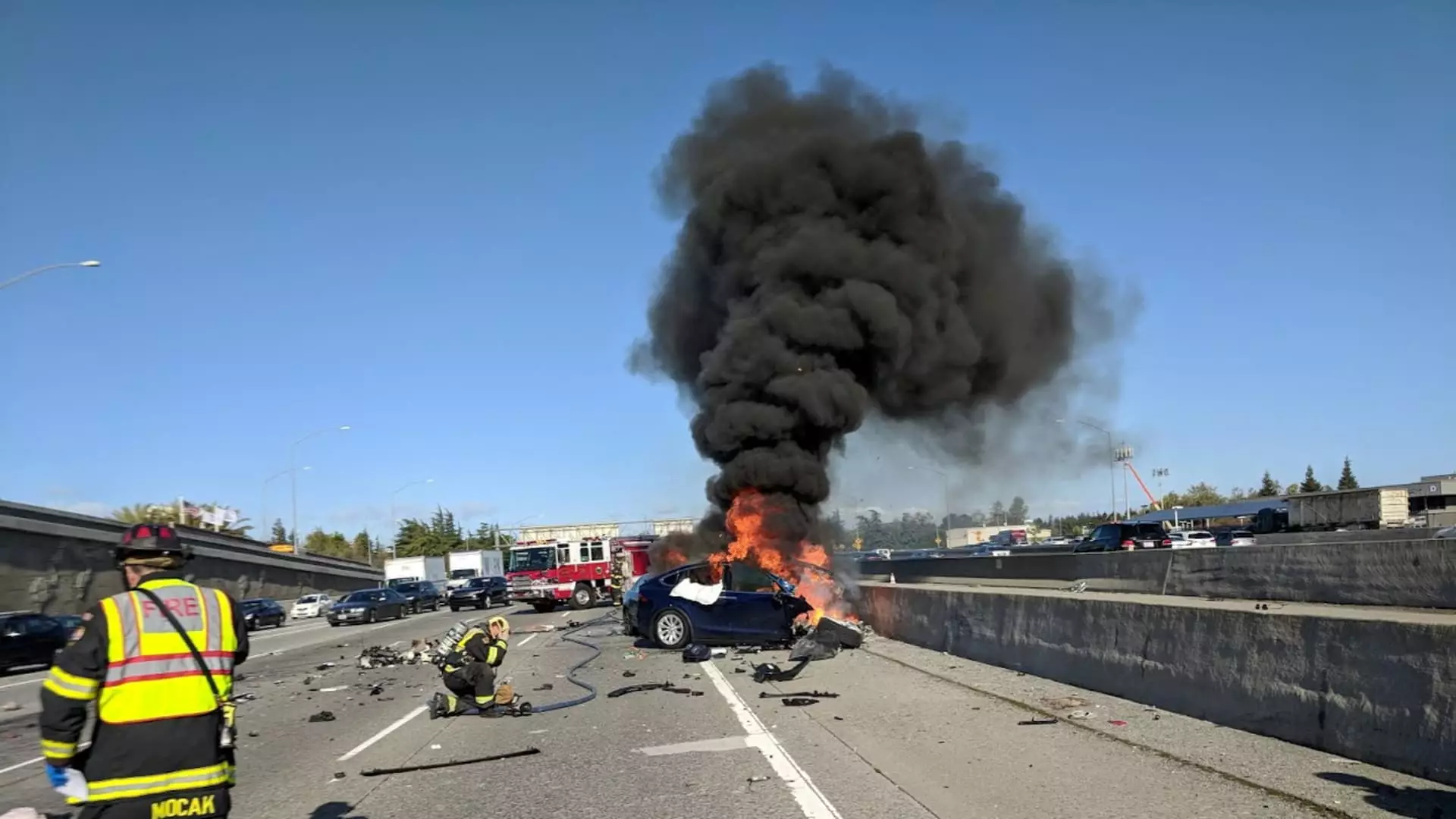In a tragic incident that shook both the automotive and technology industries, Tesla has settled a wrongful death lawsuit filed by the family of Walter Huang. The Apple engineer and father of two lost his life in a fatal crash involving his Model X SUV with Autopilot features activated. The incident occurred near Mountain View, California, in 2018, sparking a legal battle that has now reached a resolution.
The settlement between Tesla and Huang’s family comes at a critical juncture, as jury selection and the trial were about to commence in a California Superior Court. By reaching an agreement, Tesla has managed to avoid a public trial that would have brought to light damning evidence and testimonies related to the case.
Following the fatal crash, the National Transportation Safety Board (NTSB) conducted a thorough investigation and determined that Tesla’s technology played a significant role in the collision. The NTSB report, released in 2020, highlighted shortcomings in Tesla’s forward collision warning system and automatic emergency braking feature. Additionally, the agency pointed out issues such as faded lane markings and substandard barrier positioning that may have contributed to the tragedy.
The wrongful death lawsuit brought against Tesla by Huang’s family raised concerns about the safety and design defects present in the company’s driver assistance systems. The case, officially known as Sz Huang et al v. Tesla Inc. et al, was filed in a California Superior Court in Santa Clara County.
Attorneys for the Huang family cited social media posts and marketing materials from Tesla and its CEO, Elon Musk, to emphasize the company’s stance on autonomous driving. Allegations were made regarding misleading claims that Autopilot made Tesla vehicles entirely safe and eliminated the need for driver vigilance.
Internal emails from Tesla executives and engineers, referenced in court documents, revealed a culture of complacency regarding the use of Autopilot and other advanced features. Employees admitted to engaging in distracted behaviors such as checking emails and using their phones while relying on Tesla’s driver assistance systems.
The legal battle between Tesla and the Huang family not only sheds light on the specifics of this tragic accident but also raises broader questions about product liability and corporate responsibility in the tech-driven automotive sector. The outcome of this case could have set a precedent for future lawsuits against Tesla and other electric vehicle manufacturers.
The resolution of the wrongful death lawsuit marks the end of a challenging chapter for Tesla. While the financial terms of the settlement remain undisclosed, the impact of this case on the company’s reputation and future legal battles cannot be understated. It serves as a stark reminder of the importance of safety, transparency, and accountability in the development and deployment of autonomous driving technologies.


Leave a Reply
You must be logged in to post a comment.